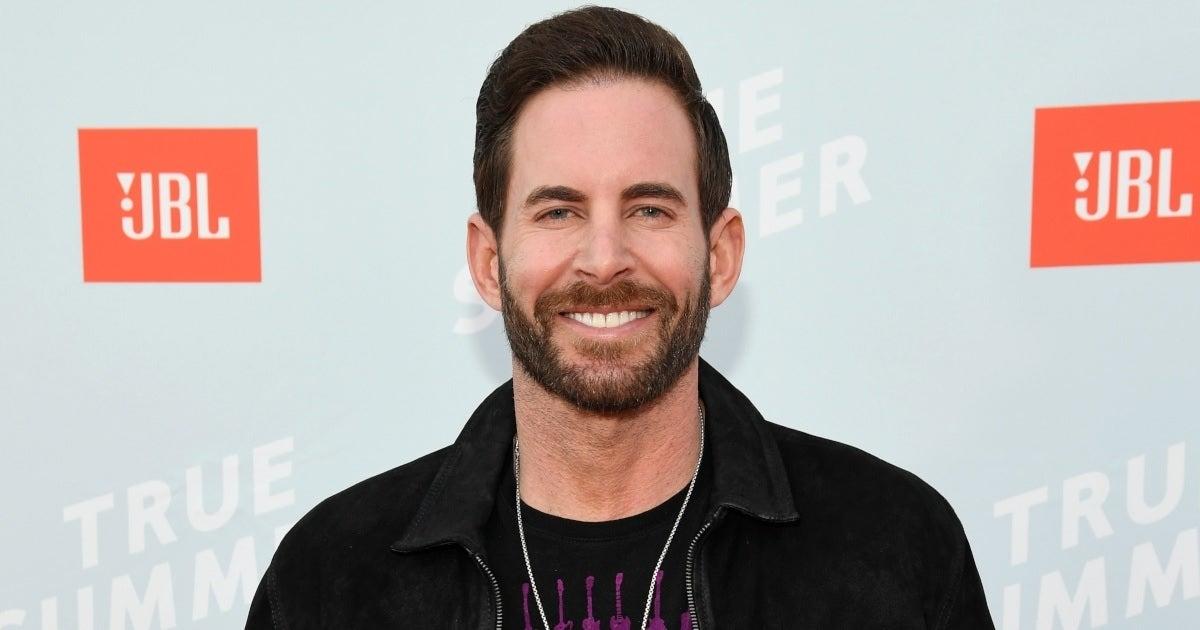Social Security, Medicare Take Major Financial Hit Amid Coronavirus Recession
The coronavirus recession is leading to the revenue streams for government programs like Social [...]
The coronavirus recession is leading to the revenue streams for government programs like Social Security and Medicare taking a hit with millions of Americans unemployed. The recession is also taking a bite out of the Highway Trust Fund because Americans are not driving as much, and therefore not paying the federal gas tax as much as they used to. Sen. Mitt Romney has proposed legislation to target issues like these, but some criticized it as an attempt to cut Social Security and Medicare.
Social Security and Medicare are funded through payroll taxes, but with fewer Americans seeing paychecks, the programs are seeing fewer funds, notes The Hill. The Social Security fund is expected to run out of money by 2032, four years earlier than the Penn Wharton Budget Model projected before the economic downturn. The Highway Trust Fund was already set to run out in two years, the Committee for a Responsible Federal Budget (CRFB) said. Medical Hospital Insurance is expected to run out in 2024, two years early. The CRFB also predicted Social Security would run out by the end of the decade.
In the long run, these issues could force Congress to raise taxes or cut funds elsewhere. Romney proposed cutting the issue off early with his Time to Rescue United States' Trusts (TRUST) Act, which he believes should be included in the next coronavirus stimulus package. He has bipartisan support, with Democratic Sens. Joe Manchin, Mark Warner, and Doug Jones and Independent Sen. Angus King joining a group of Republicans. A bipartisan group of House Representatives introduced companion legislation in the House.
The TRUST Act would ask Congress to create bipartisan committees to create plans for the funds starting in 2021. If the committees agree on the plans, they would go before each chamber for a vote. "Among its many devastating effects, COVID-19 has threatened the fiscal health of essential programs like Medicare and Social Security," Romney said, reports The Hill. "If Congress does not respond quickly, the day of insolvency for these programs will now come years sooner than expected."
Some House Democrats are opposed to the idea though. Rep. Rosa DeLauro, the chair of the House Appropriations subcommittee on labor, health and human services and education, called it a "shameless ploy to slash and burn Medicare and Social Security as we know it, under the guise of an allegedly innocuous commission." House Ways and Means Committee Chairman Richard Neal said he was "troubled" by the bill, adding that closed-door panels cannot be trusted to protect the most vulnerable.
"It's an attempt to go behind closed doors to divert political accountability for taking a vote the American people don't want," Nancy Altman, president of the advocacy group Social Security Works, told CNBC. Altman said Social Security does not "add a penny to the deficit," adding, "You can't spend benefits without adding the dedicated revenue to pay the cost."
Romney's press release on the TRUST Act touted its bipartisan support, including a comment from CRFB President Maya MacGuineas. "The TRUST Act doesn't cut these important programs – it brings policymakers together to identify bipartisan solutions to secure the future of these programs for tens of millions of seniors and disabled workers and hundreds of millions of workers," she said. "This common-sense proposal has the backing of members of both parties in the House and Senate."




